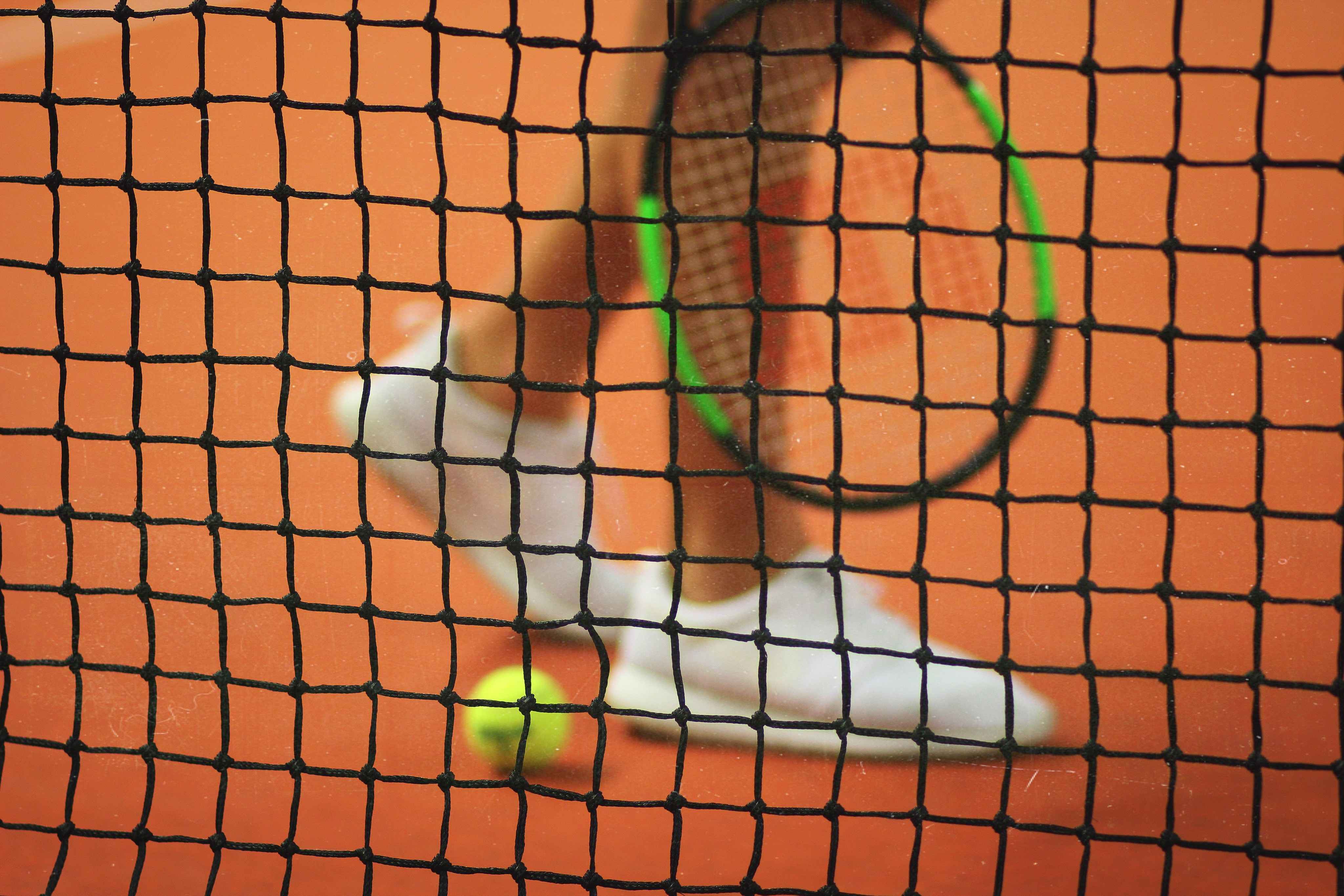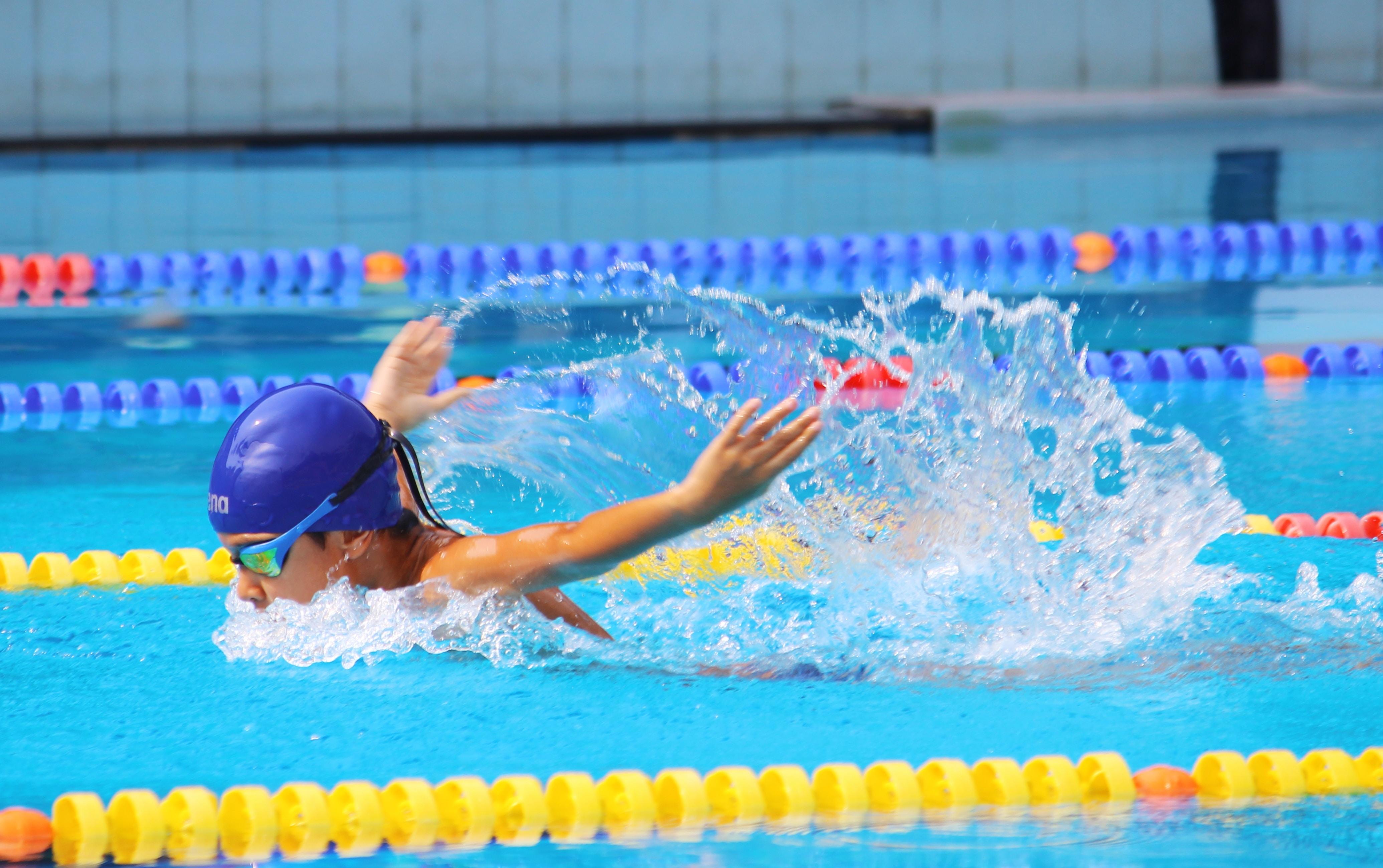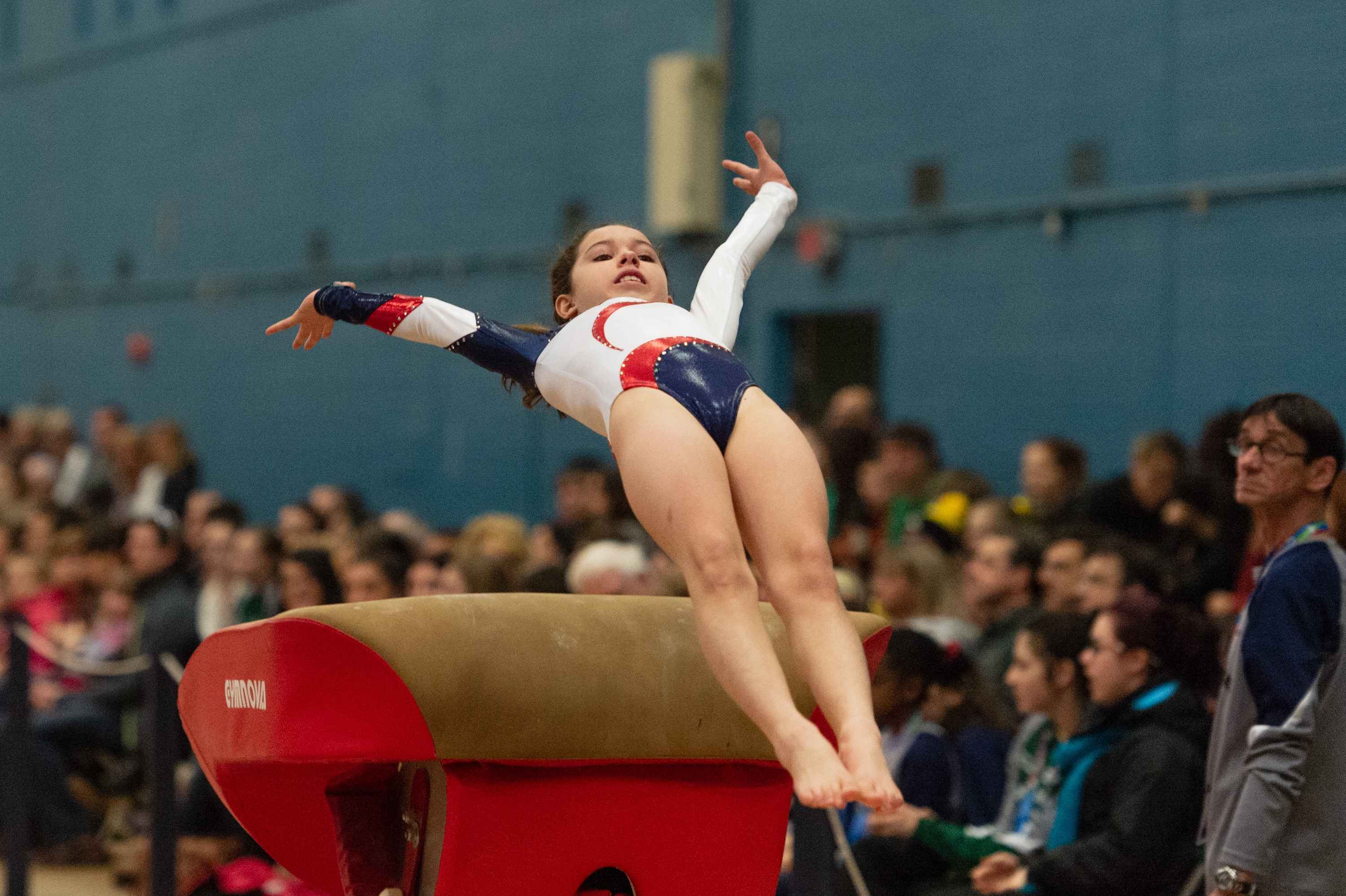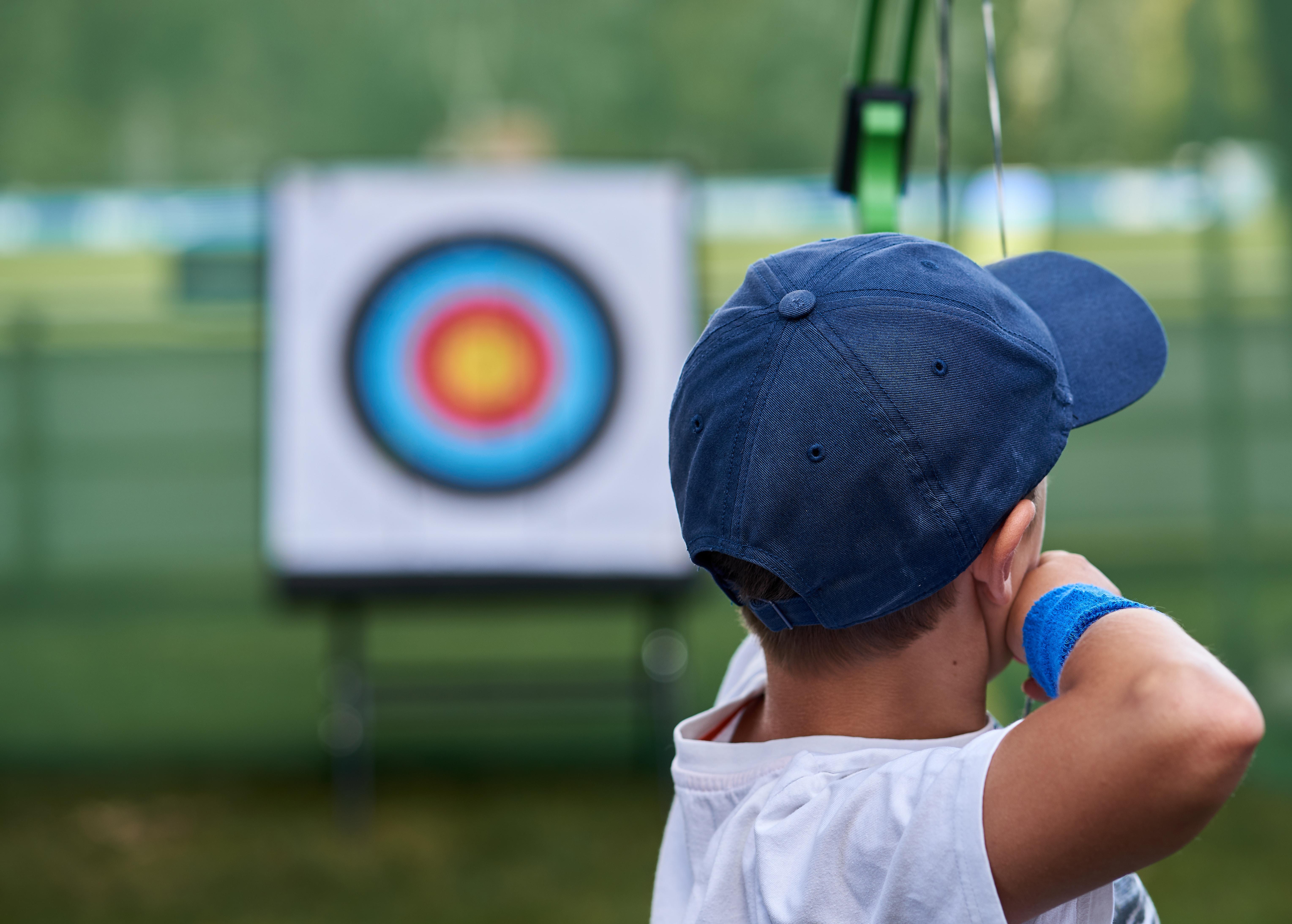Introduction to Safeguarding & Welfare

As an athlete, there are three requirements for the environment in which we train and compete: that we feel
-
Happy,
-
Healthy and
-
Safe.
Over the last few years, the term ‘safeguarding’ has appeared in many areas of sport, with many of us having heard of scenarios where athletes have been mistreated within the sports environment, whether that be bullying, physical abuse, or, more disturbingly, sexual abuse.
Unfortunately, these scenarios are not limited to the high-profile cases we hear about in the media but have sadly been happening within clubs nationwide. Mistreatment can happen right in front of our own eyes without us even realising it because so few of us know where the line is between acceptable and unacceptable behaviours of those in positions of responsibility and trust. This has to change.

We at The Athlete Place feel that this is a critical issue to discuss on our platform… partly because we have had our own experience of it within a university environment and were blind to the warning signs until it was too late. We want to help others avoid the heartache we’ve endured.
We have no intention of going into explicit detail about our experiences; no athlete was physically hurt or subjected to the physical side of sexual abuse… but what we will say is that the psychological fallout was, and to a certain extent still is, significant.
The Importance of Trust
When we go to our sports club, we should have complete trust in the set-up and know, with certainty, that our health, wellbeing, and safety will be paramount to the coaches, support staff and volunteers involved. We need to feel that they are on our side, want what’s best for us, and will never cause us harm.
If this trust is broken, a person’s ability to ‘feel safe’ with others going forward can be profoundly affected, impacting friendships and relationships and potentially causing mental health issues further down the line. We don’t deserve this.
It’s important to say here that the majority of coaches are 100% dedicated to helping athletes achieve their goals safely and enjoyably… and we are truly indebted to all of them for all they do. Without them, our sports would not exist. It’s that small minority that this applies to…

Where the Line Becomes Blurred …
A coach’s job is not only to organise and supervise training sessions but also to act in a way that builds athletes’ confidence. Therefore, saying the right things is an integral part of the role. You should leave a session feeling
-
Happy
-
Motivated
-
Confident
-
Positive about your experience and/ or sporting prospects.
Unsurprisingly, coaches become trusted, respected adults and sometimes even friends whose words are often viewed ‘as gospel’ in athletes' eyes. They can almost feel like part of the family; you spend so much time together and share many important moments of your life with them.
We tend not to question what they say and do. We shouldn’t need to; they are the ‘experts’, and in any case, the vast majority of coaches and support staff are good, caring people who invariably volunteer vast amounts of time to provide great opportunities for us.
When the Line is Crossed
But, when that line is crossed, the loss of trust is hard to overcome.
When you’re convinced that the coach has your best interest at heart and is bringing out the best in you, ‘red flags’ can be easily overlooked, and the benefit of the doubt given if concerns do appear… a very easy trap to fall into…
Looking back at our own experience, the red flags had been waving for a while, but we downplayed them because we trusted him. We also felt guilty raising concerns because this coach was devoting considerable time and effort for free.
Questioning his behaviour would have been awkward, to say the least, and there was a genuine fear that this might impact the coach-athlete relationship. It was, basically, a no-win situation.
Risk Factors Affecting Higher-Performers
Specific issues can begin to occur when athletes start to show sporting potential. Coaches can become more intense, with the athlete receiving more of their attention, sometimes in a one-on-one environment.
When athletes get to a level that involves more extensive travelling for competitions, especially those that involve overnight stays, other obvious issues can arise…
It's important to say that even at an elite level, scenarios like overseas training camps can present their own safeguarding and welfare complications for athletes, even those in their late teens and twenties...

Note: We have used the word ‘coach’ as a relatable example to represent anyone in a position of responsibility who performs/attempts abusive behaviours within a sporting context.









Comments